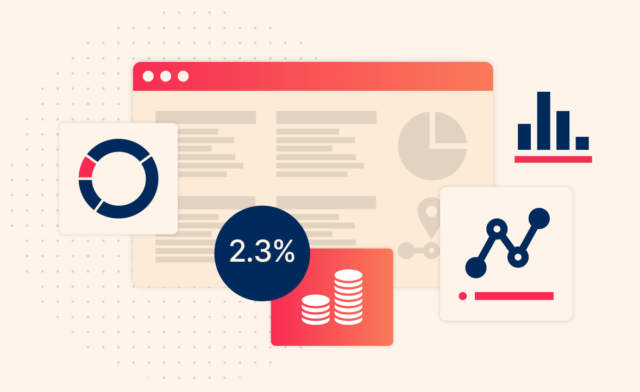How to Optimise Human and AI Collaboration in Recruitment

The true power in recruitment emerges not when we replace human recruiters with AI, but when we foster a collaborative partnership between them. AI excels at the data-intensive, automated tasks, it’s incredibly efficient at sifting through vast amounts of information and handling repetitive processes. However, human recruiters offer an irreplaceable depth to the hiring process. They possess the unique ability to interpret subtle cues, understand unspoken dynamics, evaluate cultural alignment, and assess crucial soft skills such as empathy, adaptability, and leadership—nuances that AI simply cannot fully grasp.
To truly unlock peak performance, organisations should focus on a collaborative model where AI augments human capabilities, rather than replaces them.
You possess the ability to navigate complex negotiations
This human touch is crucial for truly understanding a candidate beyond their resume, enabling recruiters to adapt to unforeseen challenges, devise creative sourcing strategies for those tough-to-fill roles, and adeptly navigate complex negotiations.
You have a holistic understanding of the business and market
While AI is brilliant at presenting data, only a human can truly strategise with a holistic understanding of the business and market, building genuine rapport and trust with candidates. This personal connection is often key to a candidate’s career decision, as AI can’t replicate the empathy or persuasion needed in sensitive conversations or offer the personal assurance that often closes a deal.
You can mitigate inherent AI biases
Human recruiters are essential for ensuring fairness, critically evaluating AI’s outputs, mitigating inherent biases, and making ethical decisions throughout the hiring journey, providing the necessary human accountability to prevent discrimination and ensure equitable opportunities for all.
You have intuition and a gut feeling
While AI can provide data-driven recommendations, the final hiring decision often involves intuition, gut feeling, and a holistic assessment of a candidate’s potential and alignment with company values. These qualitative judgments are inherently human.
Here’s how to collaborate with AI:
Clearly delineate which tasks are best suited for AI and which inherently require human intervention. For instance, AI can pre-screen candidates, but human recruiters must conduct in-depth interviews, assess cultural fit, negotiate offers, and make final hiring decisions.
Equip your recruitment team with the knowledge and skills to effectively use and interpret AI insights. Understanding how AI works helps them leverage its power and identify potential limitations, ensuring they remain in control and can critically evaluate AI-generated information.
Use AI to automate administrative tasks, freeing up recruiters to focus on providing a more personalised, empathetic, and engaging experience for candidates. This includes timely, human-driven feedback, meaningful conversations, and building lasting relationships.
Regularly review the performance of AI tools to identify and address any biases or inaccuracies. Human oversight is critical to ensure fairness, equity, and ethical conduct in the process, constantly fine-tuning AI models based on real-world outcomes and feedback.
Foster an environment where recruiters and AI learn from each other. Feedback from human recruiters can help improve AI algorithms, while AI insights can inform and enhance human decision-making, leading to continuous improvement for both.
The future is about collaborating not retreating
The goal isn’t to create a fully automated recruitment process, but a highly efficient and effective one that leverages the strengths of both humans and AI. By embracing this collaborative approach, organisations can not only achieve peak performance in their recruitment efforts, but also build stronger, more diverse, and more engaged workforces.
The future of recruitment is undoubtedly a partnership, where human intuition, empathy, and strategic thinking combine with AI efficiency and data processing power to find the perfect match.



